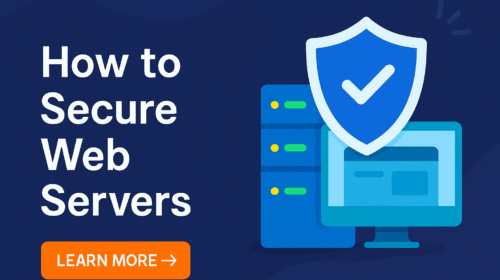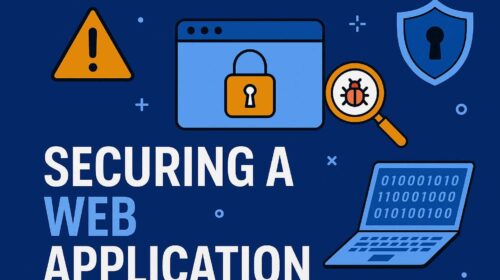
How Website Security Audits and Maintenance Safeguard Your Online Presence
In today’s hyperconnected world, websites are no longer just digital brochures—they are critical assets for business operations, communication, and customer engagement. Whether you run a small business site, an e-commerce platform, or a government portal, ensuring that your platform is secure is essential. That’s where regular website security auditsand ongoing website security maintenance come in.

What is a Website Security Audit?
A website security audit is a structured process of evaluating your website’s current level of protection against internal and external threats. This goes far beyond installing an SSL certificate or setting up a firewall. Audits are about identifying vulnerabilities across every layer of your website—from its server configuration to its codebase and third-party integrations.
Why You Should Audit Website Security Regularly
Cyber threats evolve constantly. Hackers now use automated tools to scan websites for common weaknesses, targeting everything from login forms to outdated libraries. Without frequent website security audits, you could unknowingly be exposing sensitive user data, allowing backdoors, or opening your infrastructure to denial-of-service attacks.
Some of the real-world risks of neglecting audits include:
- Data breaches and customer information leaks
- Search engine blacklisting (which harms SEO and traffic)
- Malware injections that redirect your visitors
- Loss of customer trust and brand credibility
- Legal and regulatory consequences
Key Components of a Comprehensive Website Security Audit
A professional audit typically includes:
- Vulnerability scanning to detect common threats (SQL injection, XSS, CSRF, etc.)
- Code inspection for hardcoded credentials, logic flaws, and unpatched CMS modules
- Server environment analysis, including open ports and misconfigured services
- Access control review, including session management and account permissions
- Third-party plugin and API inspection
- HTTPS/SSL implementation check
- Log and anomaly monitoring setup
These elements apply to a wide variety of sites: from WordPress to custom PHP apps, from Shopify stores to enterprise-level .NET solutions.
Website Security Maintenance: The Ongoing Shield
A one-time audit is not enough. Threat landscapes shift daily. That’s why proper website security maintenance is just as important. Maintenance tasks include:
- Regular updates of core frameworks and plugins
- Continuous vulnerability scanning
- Security patch implementation
- Backup verification and disaster recovery planning
- Periodic access audits
- Real-time threat monitoring
This proactive mindset keeps your website resilient and your data safe.
Don’t Wait for a Breach
If you’re unsure about the current state of your website’s security, don’t wait for a breach to find out. A professional audit can provide a detailed, actionable roadmap to harden your digital assets.
🔒 We specialize in identifying vulnerabilities and security gaps in websites of all types. Let us audit your platform and help you build a secure digital environment. Reach out today and take control of your website’s safety.
If you want to explore other articles similar to How Website Security Audits and Maintenance Safeguard Your Online Presence you can visit the WebSecAudit Tips.






Leave a Reply